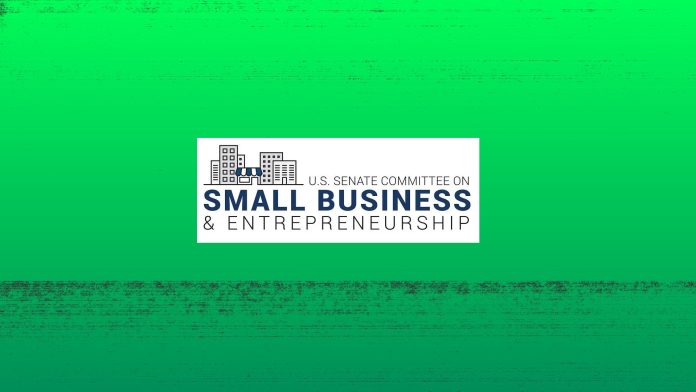On September 11, a coalition of Democratic senators introduced the Small Business RELIEF Act, a pivotal piece of legislation aimed squarely at supporting small businesses against the backdrop of contentious trade policies. With the U.S. Court of Appeals for the Federal Circuit recently ruling the "Liberation Day" tariffs imposed during the Trump administration as illegal, the proposed act seeks to exempt small enterprises from these tariffs and provide retroactive refunds to those already affected.
Ranking Member Edward J. Markey (D-Mass.) has been a vocal proponent of the act, underscoring that small businesses have never deserved to be collateral damage in broader economic strategies. “While the courts continue to battle over the legality of Trump’s ‘Liberation Day’ tariffs, small businesses cannot wait and never should have been part of this terrible policy,” said Markey. His legislation promises to exempt small businesses from reciprocal and global baseline tariffs, adding an additional layer of financial relief by mandating refunds within 90 days of enactment for tariffs already paid.
Key Benefits
For small business owners, the introduction of the Small Business RELIEF Act offers immediate and practical benefits. The most direct avenue for relief involves the retroactive refunds. As noted by Richard Trent, Executive Director of Main Street Alliance, many small business owners have faced rising costs due to tariffs, which impacted everything from raw materials to operational tools. “If the Supreme Court overturns these tariffs, the fair thing to do is refund small business owners for the extra costs they were forced to pay,” he emphasized. Such refunds have the potential to inject much-needed capital back into local economies, ultimately helping businesses reallocate funds toward growth initiatives or daily operational needs.
Additionally, exempting small businesses from tariffs helps level the playing field with larger companies that often have more financial resources to weather economic storms. Todd McCracken, President & CEO of the National Small Business Association, highlighted this crucial aspect: “Imposing emergency tariffs without exemptions for small companies threatens their survival, undermines local economies, and weakens supply chains.” The act acknowledges the financial fragility of small businesses, which typically lack the buffers larger firms possess to handle sudden policy shifts.
Potential Challenges
Despite its promise, small business owners should also be aware of the challenges that may accompany the implementation of the Small Business RELIEF Act. While the intention is to alleviate financial burdens, the legislative process can be slow and unpredictable. Until the Supreme Court makes a ruling, tariffs will remain in place, which means businesses must continue to navigate higher costs in the interim.
Moreover, the effectiveness of the refunds relies heavily on the government’s administrative capabilities. As Alexis D’Amato, Director of Government Affairs at Small Business Majority, pointed out, many businesses are already feeling the effects of increased operating costs due to tariffs. Therefore, the efficiency of processing these refunds could directly influence the financial stability of small businesses during this transitional period.
Senators sponsoring the act, including Chuck Schumer (D-N.Y.) and Mazie Hirono (D-Hawaii), have articulated that swift passage is crucial to mitigate ongoing pressures faced by small enterprises. Schumer stated, “Tariffs are raising costs, pushing away tourists, slowing down manufacturing, and forcing many businesses to close their doors altogether.”
Real-World Implications
As the legislative momentum builds, it’s critical for small business owners to stay informed and engaged with the legislative process. Reaching out to local representatives and participating in advocacy efforts can multiply the impact of this initiative. Moreover, those directly affected by tariffs have a unique voice, and sharing personal experiences can help shape the discussion and urgency surrounding the act.
The dialogue surrounding the Small Business RELIEF Act is not solely about financial relief; it serves as a larger commentary on how government policy directly impacts local businesses and economic vitality. Carolina Martinez, CEO of CAMEO Network, addressed the crucial role microbusinesses play, noting that these smaller firms are among the most vulnerable yet contribute significantly to job creation and economic health.
Markey’s proposal acknowledges that small businesses, which represent over 99% of U.S. companies and employ nearly half of the private sector, require dedicated support to flourish amid challenging circumstances. As the legislative process unfolds, small businesses across the nation will be anxiously watching to see how this act could transform their operational landscape.
For more details on the Small Business RELIEF Act, you can access the full press release here.
Image Via BizSugar



